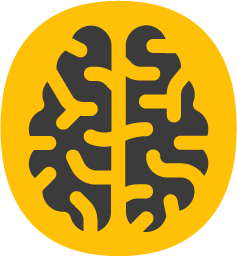Nadine Herzog

PhD candidate
Stephanstraße 1A
04103 Leipzig
Germany
In 2015, Nadine Herzog completed her Bachelor in psychology at the University of Twente in the Netherlands. She finalized her masters program in neuroscience—at the Vrije Universiteit Amsterdam—with a semi-annual research project at the Tel Aviv University in Israel. During this project, she investigated the effects of mindfulness-based stress reduction on aberrant EEG signatures in ADHD and dyslexic adults. In January 2018, Nadine started her PhD project at the O’BRAIN Lab, examining shared and differential neurocognitive mechanisms in obesity and binge eating disorder during different stages of brain maturation. Here she utilizes behavioral as well as functional magnetic resonance imaging (fMRI) paradigms.
| 2018— | PhD candidate, SFB 1052 “Obesity Mechanisms”, Max Planck Institute for Human Cognitive and Brain Sciences, Research Group “Decision-making in Obesity: Neurobiology, Behavior, and Plasticity” (Dr Annette Horstmann) |
| 2017 | Research Internship at School of Neuroscience, Dr. Ricardo Tarrasch, Tel Aviv University (Israel) |
| 2016 | Research Internship at Department of Psychology, Dr. Anouk van Loon, Vrije Universiteit Amsterdam (The Netherlands) |
| 2015–2017 | (Research) Master Neuroscience, Vrije Universiteit Amsterdam (The Netherlands) |
| 2014 | Internship at Department of Neurology, Prof. Dr. Michael Deppe, Universitäts Klinikum Münster (Germany) |
| 2011–2015 | Bachelor of Science in Psychology, University of Twente (The Netherlands) |

